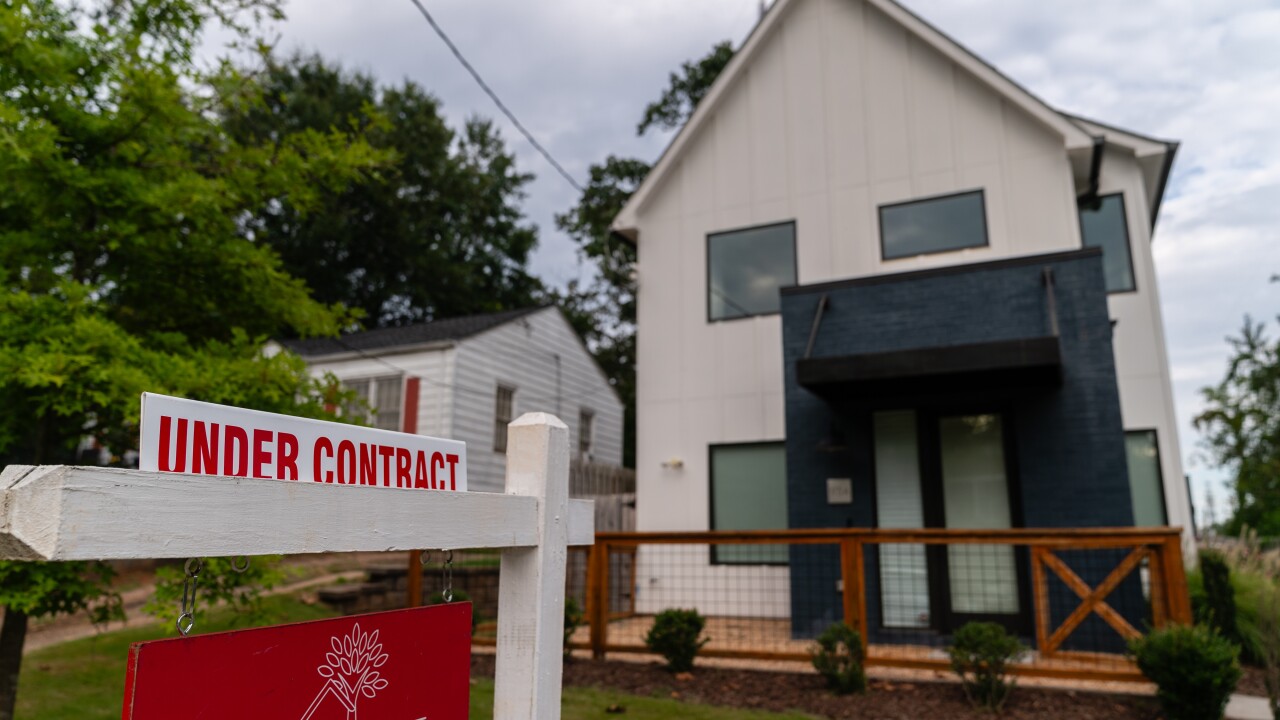
A recent court ruling bodes well for originators’ rights, but could add to potential liabilities for securitization investors and servicers.
The ruling by a panel of judges in the New York State Appellate Division, First Department, in
This leaves mortgage-backed securities investors and loan servicers exposed to a period later in loans' lives when they lack a remedy for loan defects, given that residential mortgages generally have up to a 30-year lifespan and commercial real estate loans usually have up to a 10-year lifespan.
The ruling only pertains to New York, but it still has broad implications for mortgage securitizations.
"Nearly all RMBS and CMBS trusts are New York trusts, and New York law controls the rights of parties," says Dan Rubock, SVP at Moody's, and one of the authors of the report.
The sunset also effectively means all reps and warrants on securities collateral from the housing boom loans that peaked in 2006 and 2007 have expired.
In addition, the reps and warrants affected by the suit are of much broader scope than others that have been a bone of contention at times in other contexts within post-crisis RMBS world.
The sunset added to some private-label RMBS R&Ws since the downturn, and underwriting-related Fannie Mae and Freddie Mac conditions that expire before the life of the loan does are "really separate issues," says Yehudah Forster, VP and senior credit officer at Moody's.
The decision also could set a precedent that other states might follow, the two Moody's analysts who wrote the report suggest.
There is a possibility the courts will reconsider the question, although the odds are against it.
The plaintiff in the case has the right to request an appeal within a certain period of time but it is up to the court whether to allow that appeal to occur, according to Rubock. It was unclear at deadline whether there was an attempt to appeal.
Appeals most often move forward when there is dissent in the panel issuing it, he says. The panel's decision in this case was unanimous, says Rubock.
"It was actually a very terse decision. It did not go through extensive analysis the way the lower courts did," Rubock said, when asked what the judges' stated rationale for their conclusion in the case.
"The lower courts had a different opinion and a federal district court case also has a different opinion," he notes.
Investors could require additional language in contracts calling for reps and warrants to extend to the life of the loan before agreeing to RMBS purchases regardless of whether the New York court system changes its tune, Moody's says in its report.
The question is whether they will, given that the sellers would likely ask for some pricing concessions to offset the increased liability they would take on.
"Investors can structure their deals any way they want. It ultimately is an economic decision," Rubock says.





